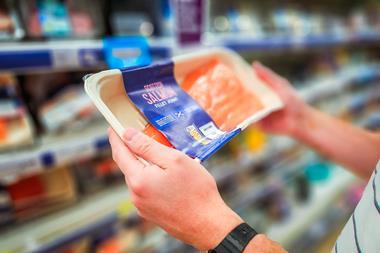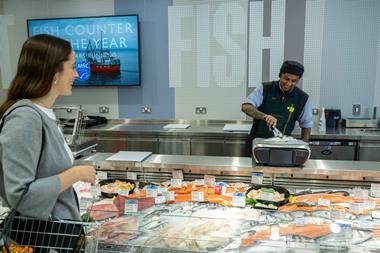
Over the past few years, the concept of provenance has taken centre stage in the food and drink sector.
Nearly half (49%) of consumers now express a desire for brands to sell more British goods [The Score by Kokoro], and eight in 10 are even willing to pay more for items made in Britain. This preference is not merely a matter of national pride; it reflects deeper concerns about freshness, quality, sustainability and ethics. For some, British provenance serves as a valuable marker of trustworthiness and excellence.
For brands, embracing and promoting their British heritage can be a powerful differentiator in a competitive market. It aligns them with the values and expectations of a significant portion of their current and potential customer base.
But to do this well, transparency is key. Brands should clearly label the origins of their products, highlighting British provenance. This not only builds trust but also provides reassurance about the quality and safety of the food, meaning consumers feel more confident in knowing where their food comes from.
It is a compelling selling point for health-conscious consumers who want to prioritise natural ingredients and minimal processing. Clearly not all British food fits those labels, but calling out the claim can often deliver in this space for consumers.
Highlighting the environmental benefits of local sourcing is another crucial strategy. Environmentally conscious consumers seeking ways to reduce their carbon footprint will be attracted to brands emphasising local sourcing credentials; the 2024 consumer understands better than ever that fewer food miles is typically a win for the environment.
Locally sourced credentials will also help brands appeal to shoppers who are increasingly concerned about what they fuel their bodies with, with Gen Z consumers at the forefront of that movement. With locally grown produce able to reach markets more quickly than imported goods, a reduction in field to fork time and subsequent perceived freshness is the biggest consideration for shoppers when purchasing products.
In essence, brands can really stand out and generate loyalty and trust among consumers by transparently communicating the origin of their products and local sourcing credentials, on-pack and as a consistent narrative in their comms and marketing. Partnering with other British brands is another great way to cement the message.
Of course, it’s paramount these claims are verifiable to avoid misleading shoppers. Brands should also be cautious when emphasising these credentials to avoid nationalistic sentiments, which can alienate consumers. The focus should firmly be on the tangible benefits of British produce: high quality, strong sustainability credentials and support of local producers and farmers, strengthening our economy.
Supermarkets have been quick to recognise and cater to this increased demand for British-made products through curating ‘Best of British’ sections. But retailers have a role to play that goes beyond dedicated shelf space. Calling out the benefits of buying British is vital to continue audience education on what buying local really means. Point of sale comms are great – but long-term campaigns and alignments with industry champions would serve us all well.
Ultimately, both brands and retailers must work together to maximise the appeal of British provenance, ensuring consumers are not only aware of, but also motivated by, the benefits of buying British.



















No comments yet